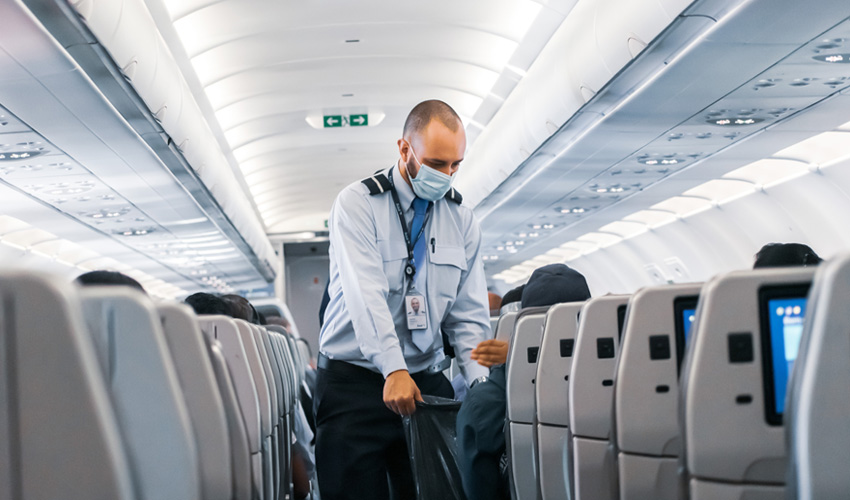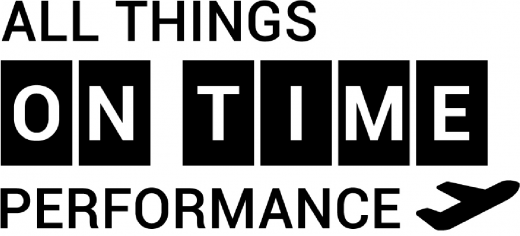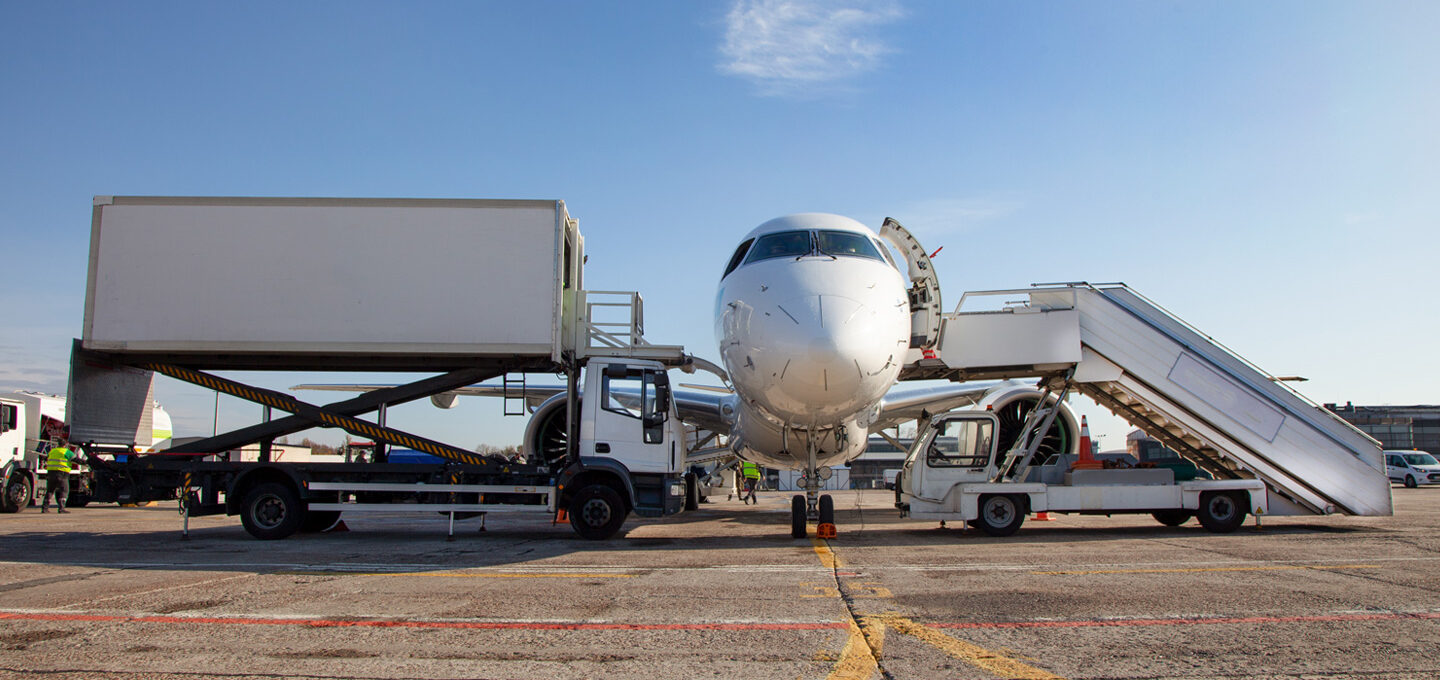For most airlines, adopting several sustainable in-flight services can make a significant contribution to their smaller carbon footprint. Some carriers are already proving this.
Efforts to quit single-use plastic items onboard
Among the airlines already implementing sustainable in-flight services are Air New Zealand, Quantas, Singapore and Etihad. For example, Air New Zealand has made a commitment to eliminate an estimated 55 million single-use plastic items from its flights. These items include:
- Individual water bottles removed from its Business Premier and Premium Economy cabins, and its Works Delux offering on its Tasman and Pacific Island services, and
- Individual plastic sauce packets removed from its Business Premier cabins on mainland North America and Hong Services, being replaced by sauce served in reusable dishes, and preventing the addition of 200,000 plastic packets from filling landfills each year.
- Plastic coffee cups being replaced by cups made from plants at a count of 44.5 million cups
Like Air New Zealand, Etihad Airways is also focused on reducing single-use plastic. It has set as a target goal reducing its plastic usage by 80%. The airline also is said to be the first airline in the United Arab Emirates to operate a flight without any single-use plastic. The flight, from Abu Dhabi to Brisbane, landed on April 22nd, 2019, that year’s Earth Day 2019.
Etihad Aviation Group’s Tony Douglas, Group Chief Executive Officer, noted that, “We discovered we could remove 27 million single-use plastic lids from our inflight service a year and, as a leading airline, it’s our responsibility to act on this…”
Quantas, like Etihad, also has a first to claim in sustainable in-flight services. The airline said it operated the first commercial flight to produce no landfill waste; an achievement which led to its commitment to eliminate 100 million single-use plastics by the end of 2020 and 75% of its waste by 2021’s year-end. These items will include plastic cups, cutlery sets, coffee cups and headrest covers.
Greener In-flight services by design
Going green to achieve more sustainable in-flight services has also been the subject of an imaginative exhibit at the Design Museum in London. It was created by the design firm of PriestmanGoode and was titled, “Get Onboard: Reduce. Reuse. Rethink,” The exhibit presents innovative ways the travel industry could reduce its waste by using alternative materials. For example, a greener inflight meal service featured a new meal tray concept that focused on weight reduction and less single-use plastics. Materials such as edible, biodegradable and/or compostable alternatives were applied on the meal tray such as showing cups made from coffee grounds, algae, bamboo or rice husks. Other examples included dishes made from wheat bran and meal trays composed of a combination of coffee grounds, husks and lignin binder so that the tray would be sturdy.
As for eliminating single-use water bottles, the design firm suggested eco-friendly canteen-style water bottles made of biodegradable and commercially compostable bioplastic which passengers could refill at airport water fountains. PriestmanGoode estimated that 500 grams of single-use plastics are used per person on each long-haul flight.

Pre-ordered meals can help to reduce waste
Another area where more sustainable in-flight services can be achieved pertains to pre-ordered meals. Instead of airlines overstocking with prepackaged food onboard, passengers could preorder their meals so that the airlines can take onboard only what is needed and not a lot of unnecessary items. This helps airlines reduce the aircrafts’ weight and achieve a lower fuel burn, while also saving money and food waste.
Advanced software also driving sustainable in-flight services
The role of advanced technologies also is playing a vital part in helping airlines achieve more sustainable in-flight services. Advanced software, powered by Artificial Intelligence and Machine Learning, can provide airlines with valuable data and data analytics that enable in-flight catering services to better predict passengers’ food preferences and consumption patterns. This, in turn, enables the caterer to plan better and reduce food waste.
It is time for a more sustainable approach to in-flight services
It seems there are many more examples of how airlines can make their inflight services more sustainable, while gaining new branding, revenue stream and cost-saving opportunities. They could create and sell beverage bottles branded with their logos. Instead of paper magazines in the cabins, they could offer free downloadable eJournals as Lufthansa has done or a digital reading app such as the one KLM has introduced. They can follow the lead set by Delta, American and United Airlines and drop their onboard duty-free program, a move which saved United Airlines 1.4 million gallon and $2.3 million annual fuel costs. Eliminating all paper tickets and replacing them with e-tickets would also represent an important measure for increased sustainability.
If all airlines began adopting some of these measures, sustainable in-flight services would no longer be the exception, but rather the norm – a reality which would benefit the airlines, their passengers, Mother Earth and future generations.





0 comments on “Airlines Take the Initiative to Green-up Their In-Flight Services”